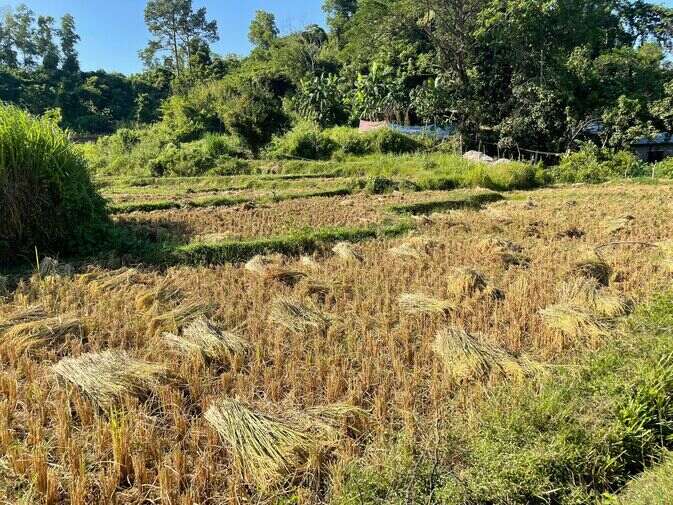The first day of Agrahayan, traditionally a time of celebration in Bengali households, once brought the scent of freshly harvested rice and the joy of Nabanna—the festival marking the harvest season.
Agrarian families across Bangladesh have celebrated this age-old tradition for centuries.
In 2008, the government officially declared the day as National Agriculture Day, recognizing its cultural and agricultural significance.
However, in Cox’s Bazar, the vibrant Nabanna festival seems to be missing.
A visit to various parts of the district reveals farmers engrossed in harvesting their paddy, with little time or resources to spare for festivities.
Agriculture marks the dawn of human civilization. People often assert that agriculture serves as the foundation of culture.
Bangladesh deeply integrates agriculture with its heritage and traditions. Known as the “land of rice, songs, and birds,” the country celebrates its agrarian roots, especially during Agrahayan, when the fields turn golden with ripe paddy.
Yet, in many parts of Cox’s Bazar, the once-celebrated harvest festival now exists only in memory.
Farmers remain focused on reaping their fields, a reflection of the evolving priorities and challenges faced by rural communities.
By Abdur Rashid Manik










